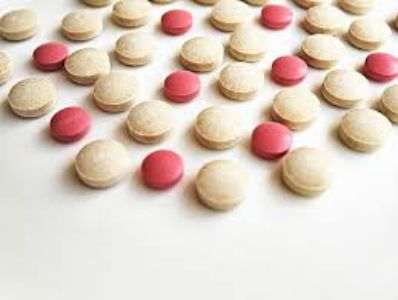The world of 3D printing has given us a lot of different things, from toys to replicas of organs, but the industry has officially ventured into a new frontier of medicine.
The Food and Drug Administration has approved the nation’s first 3D Printed prescription drug.
Spritam, developed by Aprecia Pharmaceuticals, is a dissolvable tablet that will be used to treat epilepsy children and adults suffering from seizures. They've patented their use of 3D Printing as a process called Zipdose, which allows for more drugs to be put into each tablet.
Chemist Lee Cronin, a professor at the University of Glasgow, likened the process of designing 3D medicine to following a dinner recipe during a 2012 TedGlobal talk, the Washington Post reported.
“Imagine your printer like a refrigerator that is full of all the ingredients you might require to make any dish in Jamie Oliver's new book,” he said.
Cronin said the cook book approach is applicable to whipping up medications.
In the case of 3D printing, he told the TedGlobal talk audience that all a person would have to do is program the 3-D printer to follow a “recipe” developed by a pharmaceutical company, using a set of chemical inks.
Three years after his speech, The U.S. Food and Drug Administration put its stamp of approval on the 3D drug process with Spritam August 4.
Through the printing process, Aprecia was able to design a pill that was porous and dissolved much more quickly in water than typical prescription pills.
This advancement would not only benefit the patient, it'd benefit doctors and nurses too.
The Aprecia drug company claims their compact pills will give healthcare providers confidence that they are prescribing effective, safely dosed medication to their patients.
The 3D Printing technology will allow the company to tailor each dose individually without measuring or splitting.
The FDA’s approval of Spritam could be the gateway for providing customized medicines for individual patients’ needs.
The Spritam medication is set to be available in the U.S. early 2016.

